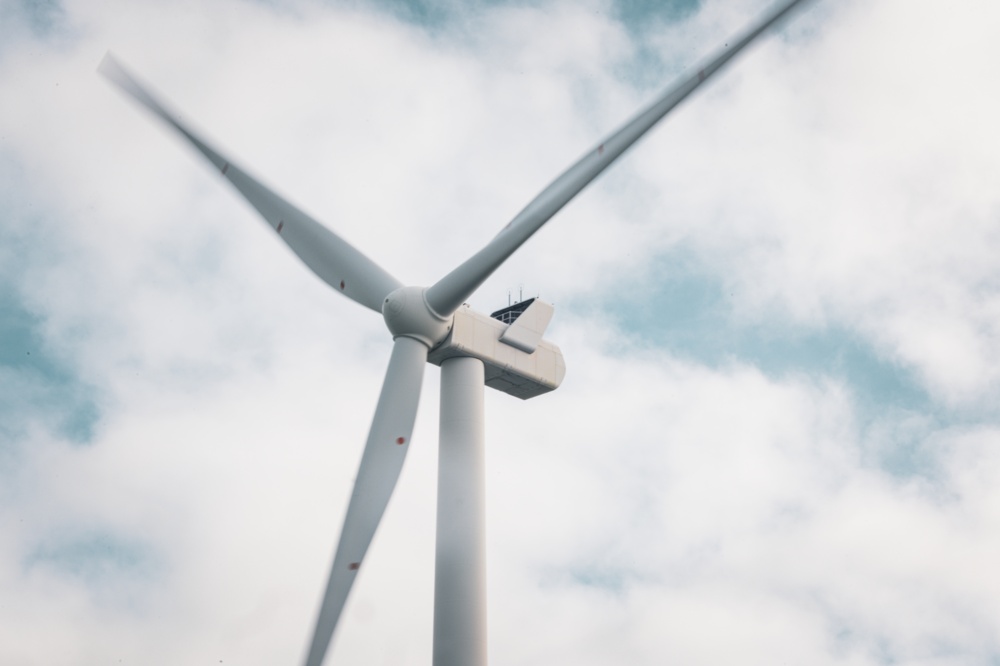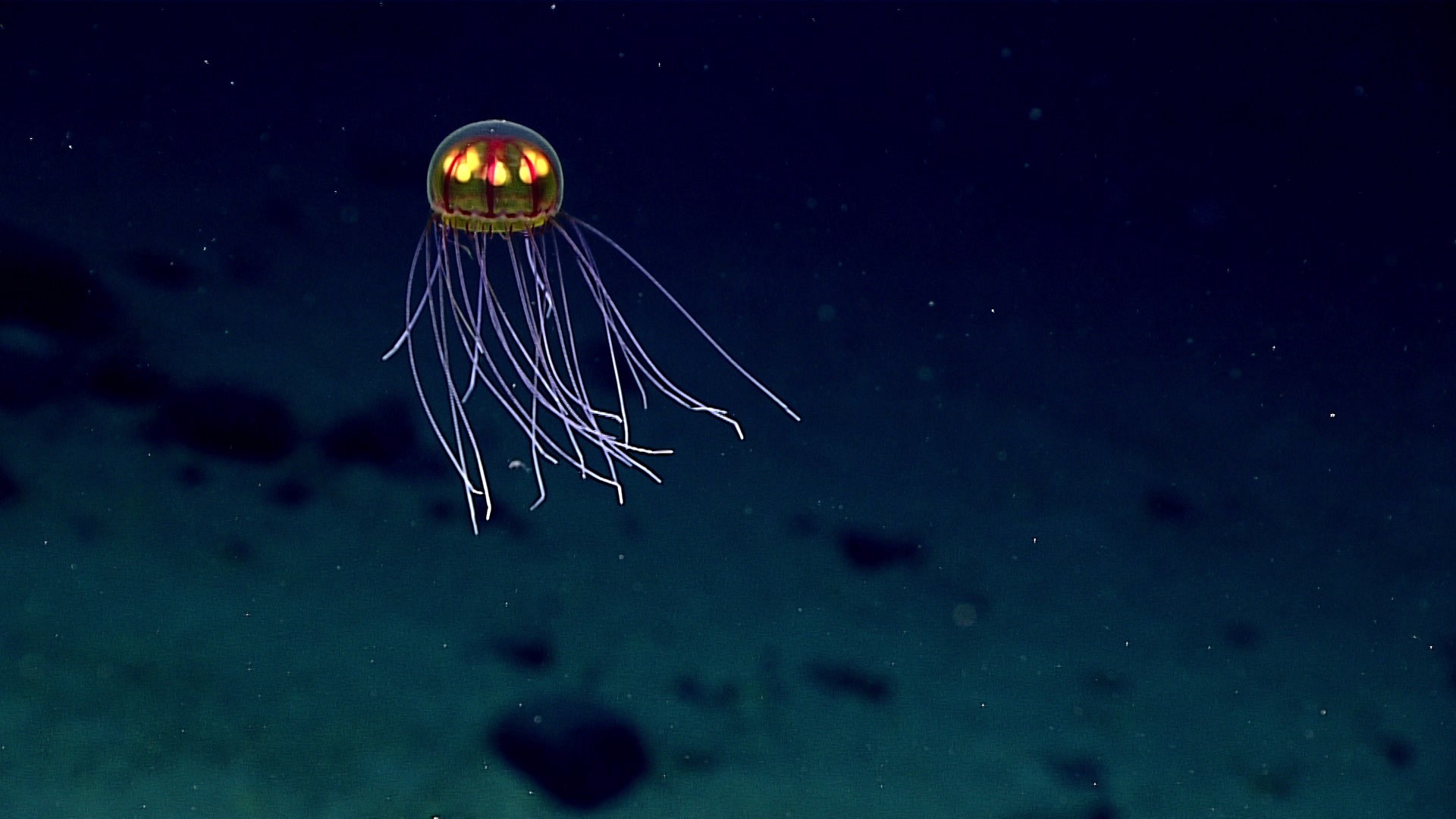
Today, as Norway votes on moving forward with deep-mining, new report from EJF shows that deep-sea mining is not needed for clean energy transition: new research
As the Norwegian parliament today votes on whether to move forward on mining its extended seabed shelf for critical minerals, a new investigation from the Environmental Justice Foundation (EJF) demonstrates that deep-sea mining (DSM) is not needed for the move to clean energy and could undermine the progress we need for a safe, healthy planet.
DSM advocates argue that it is needed because of the presence of cobalt and nickel on the seafloor, which could be used for electric vehicle batteries and the transition to renewable energy. However, EJF’s report, released today, shows that this argument is fundamentally flawed. It ignores key information, such as that both minerals are becoming less common in batteries and that a significant proportion of the needed supply could be sourced through improved battery recycling.
While there is a consensus that demand for critical minerals will increase due to the shift to clean energy, this doesn’t mean that the minerals in the deep sea will be required, says the international NGO. DSM companies are basing their claim that cobalt and nickel are urgently needed on an assumption that battery technology will never evolve, when in reality these upgrades are already occurring. Around a third of the market for electric vehicles is already dominated by lithium-iron phosphate batteries, which do not need the cobalt and nickel targeted by the DSM industry, and this is only set to grow.
In an interview with EJF, Victor Vescovo, Founder and Chief Executive at Caladan Oceanic, said: “To invest in a company […] involved in deep-sea mining, is believing that there will be no major technological change in battery chemistry for the next 25 years. And that’s simply not credible because it's happening already.”
Instead, increasing recycling rates and reducing the use of critical minerals could potentially decrease cumulative mineral demand by almost 60% by 2050. By extending product life cycles and improving shared public transport systems, for example, there will be less need for extracting further minerals. By 2050, recycled material could cover between 80 to 90% of the demand for cobalt, nickel and manganese, and doubling battery life could nearly halve cobalt demand. These efforts, combined with advances in clean technologies, all contribute to a functioning circular economy.
DSM could undermine this progress by simply exploiting yet another precious ecosystem, rather than contributing to the shift to more sustainable solutions, say EJF. This is in addition to the threat DSM poses to biodiversity in the deep ocean, where the coexistence of up to 10 million species could be seriously threatened by the disruption caused by deep-sea mining.
Steve Trent, CEO and Founder of the Environmental Justice Foundation, said: “The message is clear: we can upgrade our economies and get to zero carbon without wrecking the deep ocean in the process. The argument for destroying the deep sea for cobalt and nickel does not withstand scrutiny. New battery technologies are taking off, and there is a ready supply of minerals available now if we improve existing recycling rates. Mining the deep ocean would wipe out ocean ecosystems which have taken millennia to form, as far from a sustainable investment as one could imagine.”
“Instead of being the answer to boosting renewable energy, deep-sea mining would be just another form of harmful resource extraction, with steep and needless costs we cannot and should not pay. It’s time to block deep-sea mining before it’s too late, and focus instead on recycling, research and development, and a brighter future.”
ENDS
Notes to editor
EJF works internationally to inform policy and drive systemic, durable reforms to protect our environment and defend human rights. We investigate and expose abuses and support environmental defenders, Indigenous peoples, communities, and independent journalists on the frontlines of environmental injustice. Our campaigns aim to secure peaceful, equitable, and sustainable futures.
Our investigators, researchers, filmmakers, and campaigners work with grassroots partners and environmental defenders across the globe. Our work to secure environmental justice aims to protect our global climate, ocean, forests, and wildlife and defend basic human rights.
For more information or to speak to one of our expert analysts, please contact media@ejfoundation.org.
SIGN UP FOR OUR EMAILS AND STAY UP TO DATE WITH EJF

